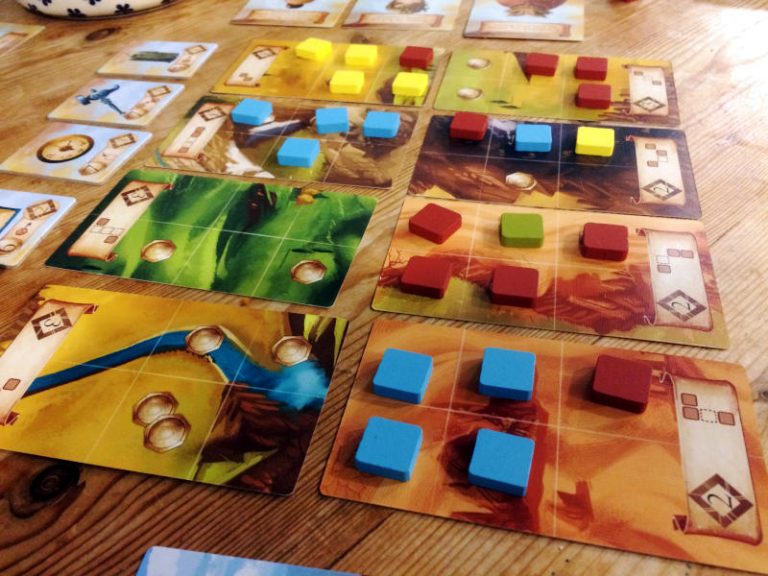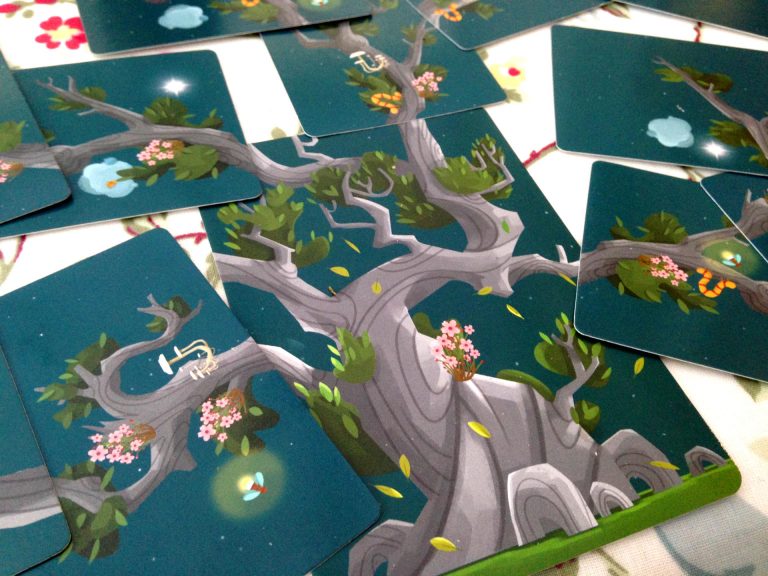Teaching games – light games (Topic Discussion)
In my third article about teaching games, I want to talk about light games. The advantage of these games is, that they are easy to teach and quick to learn - and often also quick to play. So, this article should be rather short, but as we know, the easier something is, the better you have to execute it and given that lighter games are usually the sort of games new people to the hobby will come in contact with first, we need to do a good job teaching these types of games or we may miss a chance to grow our hobby. So, no pressure.










